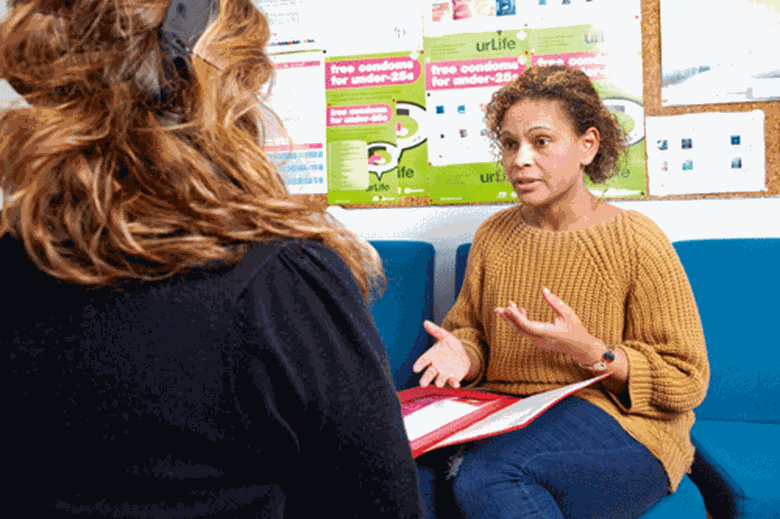Mental health services failing young people with autism and learning disabilities
Gabriella Jozwiak
Friday, November 9, 2012
Mental health services must do more to meet the needs of children and young people with autism and learning disabilities, a coalition of mental health trusts has found.

According to data collected by the NHS Confederation’s Mental Health Network (MHN), people with learning disabilities or autism frequently find it harder to access services, despite having higher mental health needs than the general population.
In response, the Mental Health Network has launched a best practice briefing for providers and commissioners of services to make sure this group is not disadvantaged.
Recommendations in the briefing include a proposal to introduce routine mental health assessments as part of GP health checks for people with autism or learning disabilities, and the suggestion that information about medication and treatments should be provided in alternative formats.
“Our researchers found that while there are some excellent examples of where mental health services are helping people with a learning disability or autism, these are not yet common across England,” said Paddy Cooney, interim director of MHN.
“What we must do is make sure that the best practice, which currently exists in pockets of England, becomes standard across the country.”
Mark Lever, chief executive of the National Autistic Society described the publication as a “step forward”.
“The NHS’s commitment to make mental health services more accessible for children and adults with autism is a step forward in acknowledging and hopefully tackling the patchy service that many currently receive,” he said.
He stressed the need for good training among frontline staff, adding that services should pay particular attention to a recommendation in the briefing that says services should always be based in appropriate buildings.
“There must be a clear focus in the NHS’s strategy on adapting environments so they don’t affect the sensory issues many children with autism experience,” said Lever.
“Minor things such as ticking clocks, strong smells and harsh lighting could provoke a huge sensory overload in a child or young person with the condition and consequently negatively impact on their experience.”
The Department of Health commissioned the National Development Team for inclusion to conduct the study, which involved interviews with more than 100 service users, family carers and professionals, and a review of existing research.
Public sector agencies are required to make “reasonable adjustments” to facilities to ensure provision is universally accessible, under the Equality Act 2010 and Health and Social Care Act 2008.




